Costundide
Costunolide is a sesquiterpene lactone with anti-inflammatory, anticancer, antiviral, and antimicrobial properties, derived from various medicinal plants and explored for its therapeutic potential across a range of diseases.
Overview
Costunolide’s molecular structure enables it to interact with a variety of biological targets, influencing cellular mechanisms underlying numerous diseases. This broad spectrum of activity has made it a subject of interest for researchers exploring natural compounds with therapeutic potential.
Costundide Key Features
– Natural Source: Extracted from the roots and leaves of several plant species known for their use in traditional medicine.
– Bioactivities: Demonstrates anti-inflammatory, anticancer, antiviral, and antimicrobial effects.
– Mechanisms of Action: Acts through various pathways, including inhibition of NF-kB signaling, inducing apoptosis in cancer cells, and modulating cytokine production.
Costundide Applications
– Anti-inflammatory Treatments: Its ability to reduce inflammation makes it a candidate for treating inflammatory diseases such as arthritis and asthma.
– Cancer Therapy: The compound’s potential to induce apoptosis and inhibit tumor growth is being explored in oncology.
– Antimicrobial and Antiviral Uses: Its activity against bacteria and viruses suggests roles in treating infectious diseases.
– Liver Protection: Costunolide has been studied for its hepatoprotective effects, offering potential benefits in treating liver disorders.
Costundide Functions
– Modulation of Inflammatory Pathways: Costunolide can suppress the activity of enzymes and transcription factors involved in the inflammatory response.
– Induction of Apoptosis in Cancer Cells: Promotes cell death in various types of cancer cells, inhibiting tumor growth and proliferation.
– Antimicrobial Action: Exhibits the ability to combat a range of microbial pathogens, potentially reducing the burden of infectious diseases.
– Hepatoprotective Effect: Offers protection against certain chemicals and drugs that can cause liver damage, supporting liver health.
Details
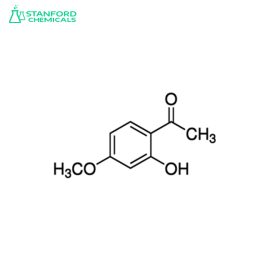
| Available Sizes | 30 capsules, 60 capsules, 90 capsules |
|---|---|
| Key Ingredient | High-quality, pure Paeonol extract |
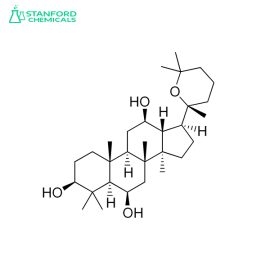
| Available Sizes | 30 capsules, 60 capsules, 90 capsules |
|---|---|
| Key Ingredient | High-quality, pure Panaxatriol extract |
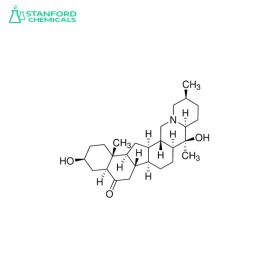
| Available Sizes | 30 capsules, 60 capsules, 120 capsules |
|---|---|
| Key Ingredient | High-quality Peiminine extracted from the finest Fritillaria bulbs |
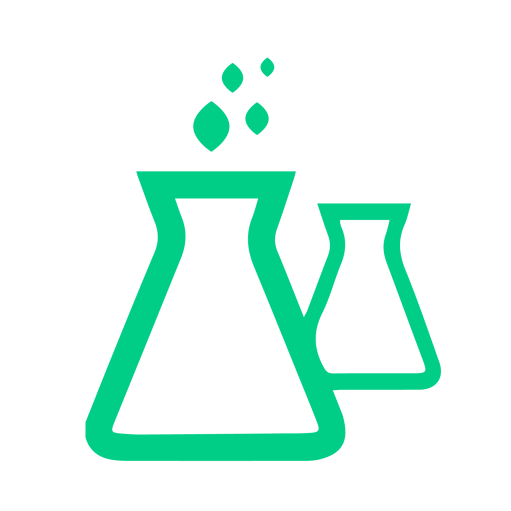
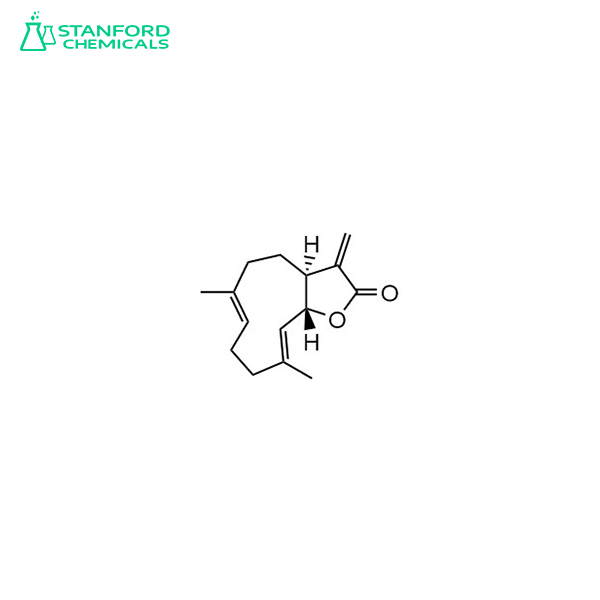
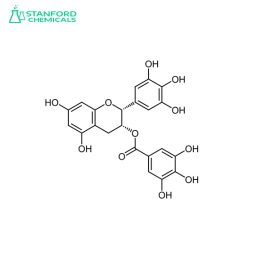
Reviews
There are no reviews yet.